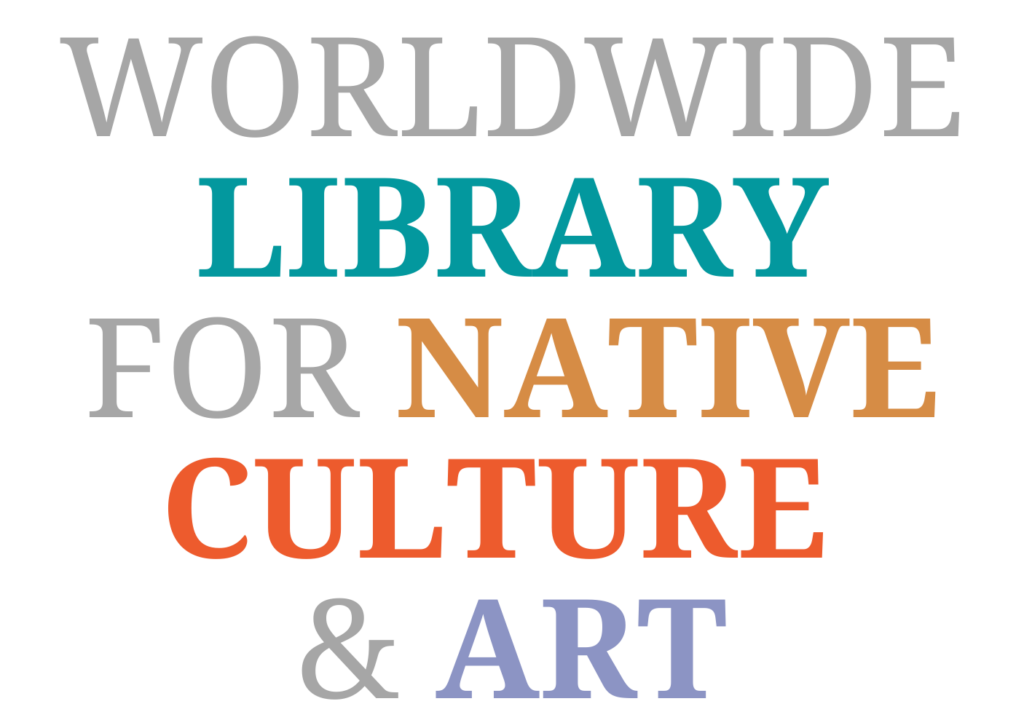The Oceania Bioregion Library preserves and connects the ancestral wisdom of the Pacific Islands and Australia through a bioregional and AI-enhanced archive, featuring Polynesian, Melanesian, Micronesian, and Aboriginal knowledge systems within the World Bioregions Library network.
SELECT ONE LIBRARY:
Oceania Bioregion Library
Keywords:
Oceania Bioregion Library, Pacific ancestral wisdom, Polynesian navigation, Aboriginal Dreamtime, Melanesian traditions, Micronesian ecology, coral reef knowledge, Indigenous Oceania, plant medicine, oceanic cosmology, bioregional knowledge, ecological philosophy, sacred geography, digital humanities, ChatGPT archives, OpenAI cultural preservation, bioregiones.org, World Bioregions Library, ecological wisdom, ancestral medicine, Pacific spiritual traditions
Introduction: Reawakening the Ancient Knowledge of Oceania
The Oceania Bioregion Library, part of the World Bioregions Library at bioregiones.org, is a digital and bioregional archive devoted to preserving the ancestral wisdom of the world’s great oceanic cultures. From the coral atolls of Micronesia to the volcanic highlands of Papua New Guinea and the vast deserts of Australia, this living archive unites maritime, ecological, and spiritual knowledge that has guided human life across the Pacific for tens of thousands of years.
Oceania is both land and sea, sky and current—a vast network of knowledge encoded in stars, waves, chants, and plants. The Oceania Bioregion Library integrates this living cosmology through digital humanities, oral archives, and AI-assisted preservation, creating a bridge between traditional navigation, ecological stewardship, and the digital future.
Bioregional Framework: Mapping Wisdom Across the Pacific
The bioregional approach reveals Oceania as a constellation of interconnected ecological and cultural realms, each rooted in deep relationships with the ocean and the land:
- Polynesian Bioregion: Encompassing Hawai‘i, Samoa, Tonga, and Aotearoa – home to star navigation, canoe building, and sacred genealogies (whakapapa).
- Melanesian Bioregion: Including Papua New Guinea, Vanuatu, Fiji, and the Solomon Islands – custodians of rainforest medicine, ritual arts, and ancestral lineages tied to volcanic landscapes.
- Micronesian Bioregion: Spanning Kiribati, Palau, and the Marshall Islands – keepers of ocean charts, wave patterns, and ecological calendars.
- Australian Bioregion: The world’s oldest continuous culture, where Aboriginal Dreamtime traditions encode land management, medicinal botany, and spiritual geography.
- Pacific Rim Bioregion: Linking Oceania with Southeast Asia and the Americas through trade winds, ocean currents, and migratory knowledge exchanges.
Each collection integrates oral histories, ecological practices, medicinal knowledge, and cosmological teachings, ensuring that wisdom remains linked to the specific landscapes and seascapes that gave rise to it.
Sacred Knowledge, Ecology, and Ancestral Medicine
The Oceania Bioregion Library explores the deep connection between spirituality, ecology, and healing traditions across the Pacific world:
- Aboriginal Dreamtime: Ancestral stories that map geography, flora, fauna, and celestial systems as living guides for ecological balance.
- Polynesian Navigation: Knowledge of stars, swells, and bird migrations transmitted through chants, carvings, and sacred apprenticeship.
- Melanesian Plant Medicine: Healing systems based on rainforest diversity, ritual preparation, and kinship with plants and elements.
- Micronesian Oceanic Science: Knowledge of wave dynamics, reef ecology, and lunar cycles used for sustainable fishing and navigation.
- Pacific Healing Ceremonies: Integration of song, dance, and vibration for community health and ecological harmony.
Through collaboration with Pacific scholars, navigators, and Indigenous councils, the Library ensures that each digital record respects sacred protocols and cultural sovereignty.
AI and Digital Preservation of Living Knowledge
The Oceania Bioregion Library employs AI-assisted semantic indexing and multilingual cataloging to preserve oral traditions, chants, and ecological data. Using ChatGPT and OpenAI technologies, ancestral navigation systems and environmental maps are interconnected with global archives of ecological and cultural knowledge.
Collaborations with Pacific universities, heritage centers, and Indigenous digital stewards ensure that technological innovation supports Indigenous agency and the continuation of intergenerational teaching. AI serves as a canoe across time, enabling knowledge to travel safely into the digital age without losing its cultural integrity.
Interconnection within the World Bioregions Library Network
The Oceania Bioregion Library is part of the planetary ecosystem of the World Bioregions Library, weaving oceanic wisdom into the global tapestry of ancestral knowledge:
Together, these bioregional archives form a global memory system that honors ecological interdependence and cultural continuity across continents and seas.
Community Collaboration & Ethical Stewardship
The Oceania Bioregion Library works with Pacific elders, navigators, and Indigenous councils to ensure that cultural representation follows traditional protocols. Knowledge is shared with consent, linguistic respect, and attention to the spiritual dimensions of each narrative.
This bioregional model honors the Pacific principle of
Va — the sacred relational space between all beings — affirming that true preservation arises through reciprocity, respect, and living connection.
References (APA)
- Finney, B. (1994). Voyage of Rediscovery: A Cultural Odyssey through Polynesia. University of California Press.
- Hau‘ofa, E. (1993). Our Sea of Islands. University of the South Pacific.
- Maffi, L. (2001). On Biocultural Diversity: Linking Language, Knowledge, and the Environment. Smithsonian Institution Press.
- Gates, B. (2023). The Age of AI Has Begun. GatesNotes. https://www.gatesnotes.com/the-age-of-ai-has-begun
- Tane, H. (2020). Indigenous Knowledge and Climate Change in the Pacific Islands. UNESCO.
SELECT ONE LIBRARY:
